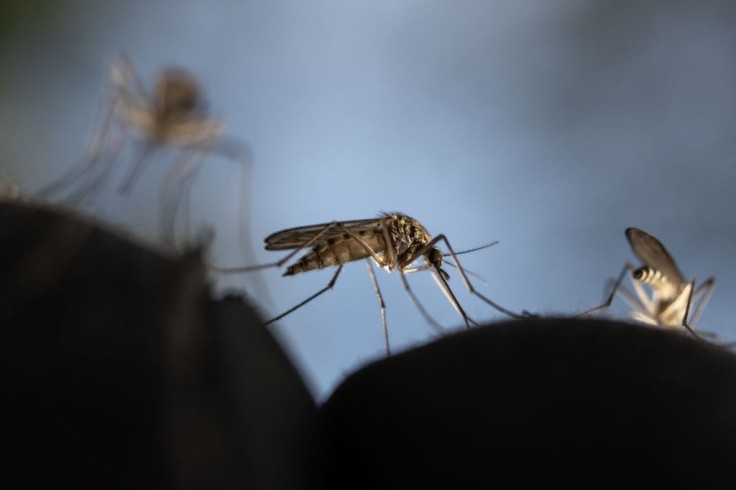
The Centers for Disease Control and Prevention (CDC) have issued a health alert after identifying cases of locally acquired malaria in Florida and Texas.
The increasing number of local malaria cases is raising concerns about the resurgence of this mosquito-borne disease within the United States.
The CDC has recently documented five cases of malaria that were acquired within the United States over the past two months, marking the first instances of locally transmitted malaria in 20 years.
These infections are unrelated, with four cases reported in Florida and one in Texas.
Local Malaria Infections Emerge in Florida and Texas
According to The New York Post, the last known local cases of malaria within the U.S. were reported in 2003 in Palm Beach County, Florida, while locally transmitted malaria cases in Texas last occurred in 1994.
Malaria is a serious and potentially fatal disease that is primarily transmitted by mosquitoes. While it does not spread directly between individuals, pregnant women can pass the disease to their fetuses or newborns.
The CDC emphasizes the urgency of addressing malaria cases, considering it a medical emergency.
The five patients affected by the recent cases of malaria-four in Florida and one in Texas-are currently receiving treatment and are in the process of recovery, according to the CDC.
The specific parasite responsible for these infections is Plasmodium vivax, which is less deadly than other malaria-causing parasites but can remain dormant in the body and lead to chronic infections months or even years after the initial illness.
ABC reported that research published in the Lancet Planetary Health suggests that climate change may undermine the progress made in combating diseases such as malaria, as warmer temperatures could potentially expand the habitat of disease-carrying mosquitoes.
Dr. John Brownstein, an infectious disease epidemiologist and chief innovation officer at Boston Children's Hospital, expressed concerns that the Southeast region may experience an increase in malaria cases due to the presence of competent mosquitoes and the potential effects of climate change.
Although the permanent resurgence of malaria is improbable, these cases serve as a broader warning regarding the risks of mosquito-borne diseases in the area.
Prevention Measures and CDC Recommendations
Given the recent cases of locally acquired malaria, the CDC has underscored the importance of implementing preventive measures to reduce the risk of mosquito bites.
NBC News reported that The Texas Department of State Health Services has advised residents to use insect repellent, wear protective clothing such as long sleeves and pants, and take measures to eliminate standing water where mosquitoes breed, such as draining puddles and keeping gutters clear.
Similarly, the Florida Department of Health has issued a statewide advisory on mosquito-borne illnesses, highlighting that all four cases in their state were reported in Sarasota County.
The department encourages residents to remain vigilant and take precautions to protect themselves from mosquito bites.
The CDC emphasizes the need for doctors and hospitals to establish rapid diagnosis protocols for malaria patients, ensuring prompt administration of antimalarial drugs within 24 hours.
Additionally, hospitals are advised to have access to an intravenous version of a drug called Artesunate, the only approved medication for treating severe malaria in the United States.
Travelers planning to visit regions where malaria transmission occurs should consult with healthcare professionals regarding preventive medications to minimize the risk of infection.
The CDC's health alert serves as a reminder that despite a historically low risk of malaria within the United States, local transmission can still occur.
Increased travel to and from areas where malaria is prevalent raises concerns about potential future cases, reinforcing the importance of vigilance, preventive measures, and prompt treatment.
As the CDC continues to monitor and address the local malaria cases in Florida and Texas, it is crucial for healthcare providers, public health authorities, and the general public to remain informed and take appropriate steps to combat this mosquito-borne disease.